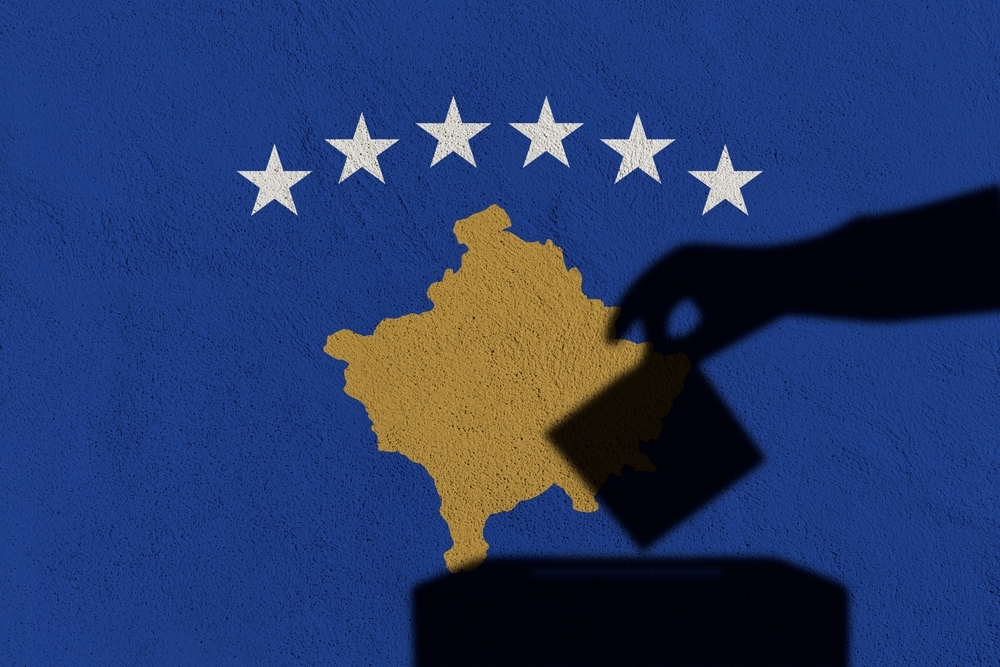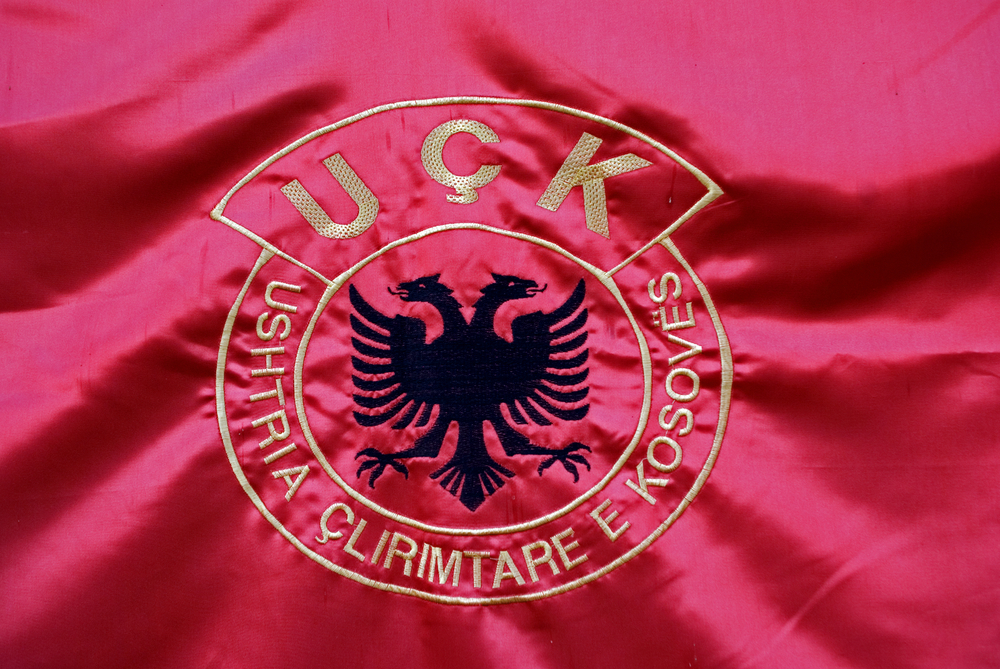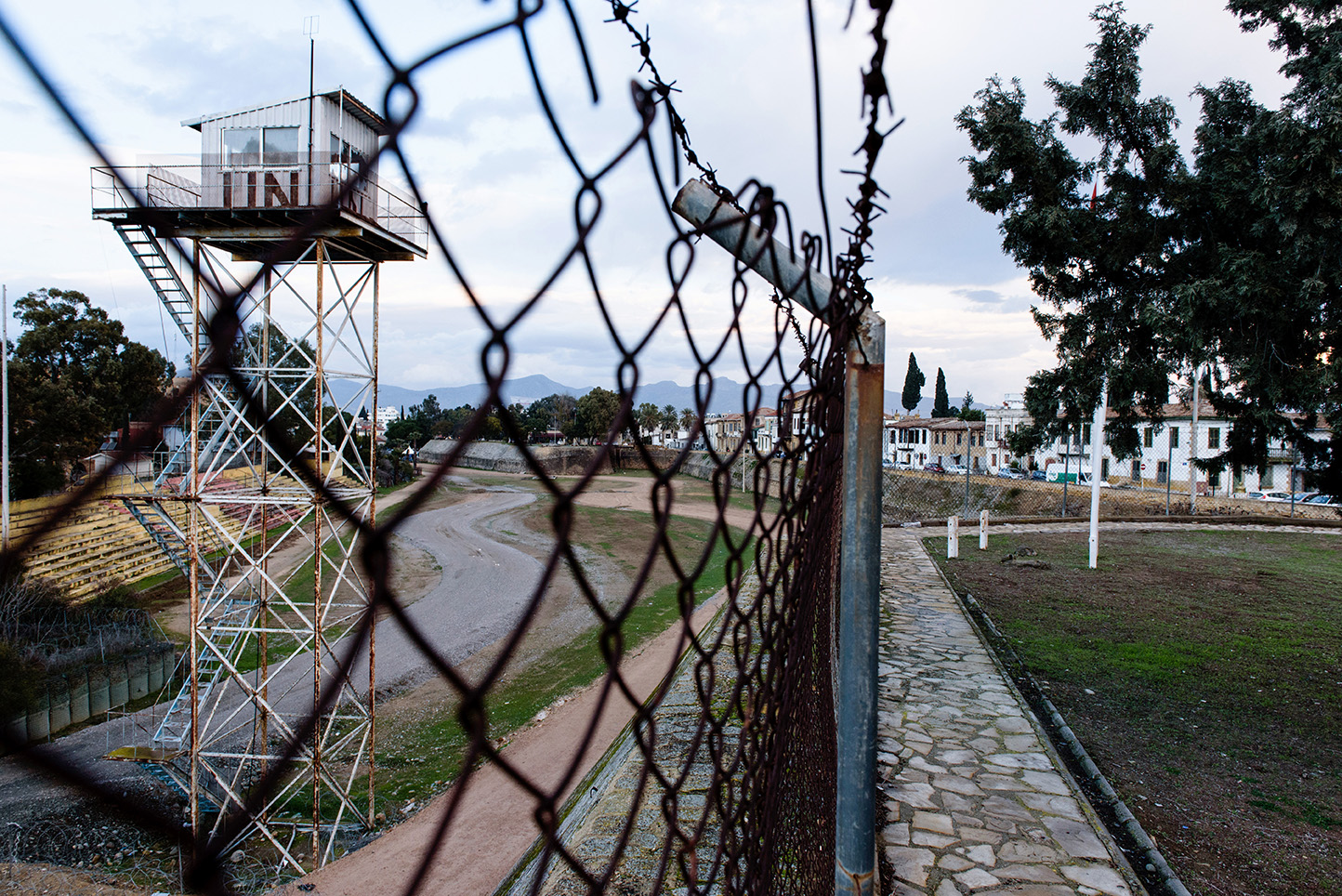Kosovo, elections in a time of crisis
With national politics still at an impasse since last February’s elections, Kosovo citizens will return to the polls for local elections on October 12, with significant implications also at the central level

Kosovo-elezioni-in-tempo-di-crisi-1
© zmotions/Shutterstock
2,069,098 Kosovo citizens, including 43,993 voters from abroad, will head to the polls on Sunday, October 12, to elect the new mayors of 38 municipalities, along with their representatives in municipal assemblies.
Kosovo approaches the local elections while the political deadlock at the central level shows no signs of ending, even eight months after the parliamentary elections held on last February 9. The Parliament has not yet been fully constituted due to disagreements among political parties, and the process for forming a new government has also been stalled.
Political analyst Artan Muhaxhiri describes this situation as a dense fog, while commenting on the potential impact local elections may have on central-level developments. According to him, with what he calls irresponsible leadership, no one can predict upcoming developments even in the near term.
Muhaxhiri, who is also a sociologist, emphasizes that public opinion surveys clearly show that citizens’ discontent is across the board, and therefore, in his view, there are no clearly defined winners or losers.
“According to one scenario, if the Vetëvendosje Movement (LVV) wins Pristina and another major municipality, this would motivate them to seek a quick solution to capitalize on electoral support. However, if the Democratic League of Kosovo (LDK) or the Democratic Party of Kosovo (PDK) win in Pristina and in some other influential cities, then they will increase pressure on Albin Kurti and LVV to seize the moment and disorient him by creating real fear of further loss of power,” Muhaxhiri assesses.
Meanwhile, Sadri Rrmoku, Program Coordinator at the Kosovo Institute for Local Governance (KLGI), points out that election results often differ between local and central levels. However, he expects the political crisis to reach an epilogue immediately after the local elections.
“Typically, results differ between local and central elections. Fortunately, I think that at the level of democracy we have achieved, at the local level we have established a regular election cycle where citizens have made changes from party to party, from candidate to candidate, and I believe this is commendable in terms of local democratic functioning. The situation at the central level is different, but I believe that, immediately after the local elections, the political deadlock at the central level will end,” Rrmoku emphasizes.
Some analysts argue that this year’s deadlock has widened the gap between central decision-making and the local level. Muhaxhiri notes that, more than ever before, candidates have been given (forced) autonomy over their campaigns.
“In a way, challenging candidates to manage their campaigns may have positive elements. However, the lack of logistical support from the center causes improvisation which later reflects on governance,” Muhaxhiri points out.
“The deadlock in the Kosovo Assembly and the entire accompanying farce has been so dominant that local politicians, at certain times, were inevitably drawn into it, thus diverting attention from preparations for the October 12 elections,” Muhaxhiri further notes.
The heated race for the capital
A tight race is expected in most municipalities. Sadri Rrmoku from KLGI predicts that in many cases winners will be determined in the second round. “I believe a very large number of municipalities will go to a second round of voting,” Rrmoku says, including Pristina in this list.
In the capital, which has around 230,000 residents, the vote carries extraordinary weight, as its outcome, according to Muhaxhiri, will determine many political fates.
“For the LDK, retaining power is vital, as it came third in the parliamentary elections. A defeat would further weaken hopes for a comeback. A win for LVV in the capital would give Albin Kurti a major boost for consolidating central power, which has been shaken by institutional deadlock and damaged alliances with Kosovo’s international supporters. For the PDK, leading Pristina for the first time would mark a revolutionary stage in its trajectory,” Muhaxhiri explains.
Meanwhile, the PDK, says Muhaxhiri, is focused on continuing governance in Prizren, Mitrovica, and Ferizaj. The same goes for the AAK in Gjakova; the LVV in Gjilan; and the LDK in Peja.
“All balances are delicate, and no one is guaranteed victory. The post-election landscape will create new symbols, reflecting the will of the citizens and the political reality, but it is unlikely that the leaders will accept the lessons,” he concludes.
Turbulent Drenas
About 40 kilometers from the capital, in the Drenica region, the municipality of Drenas, with around 50,000 residents, has been a PDK stronghold for over two and a half decades. This time, the party has decided not to re-candidate the current mayor, Ramiz Lladrovci, who, during the nine years he has governed the municipality, has been regarded as a champion of performance and transparency.
Lladrovci disagreed and launched his own political initiative. Inevitably, this situation has split the electorate and further complicated predictions.
“We cannot know exactly what will happen. No result is surprising for us because of the developments. We know PDK’s strength in Drenas and, at the same time, we know the strength of Ramiz Lladrovci as a candidate,” says Sadri Rrmoku from KLGI.
Muhaxhiri notes that preventing Lladrovci was from running again was a risky move.
“The split will certainly cost the PDK electorally, and its leadership has taken a big gamble. If Lladrovci wins again, it will be a moral defeat for those who initiated this idea. If the PDK candidate, Petrit Hajdari, wins, but loses a percentage of previous voters, the move will still not make much sense. Only a convincing victory would justify the leadership’s choice,” Muhaxhiri emphasizes.
Electoral campaign
The electoral campaign, which started on September 13, has been mostly calm and with softer rhetoric between opponents compared to four years ago. Against the backdrop of the political and institutional deadlock following the parliamentary elections on February 9, the parties’ focus on political battles in Kosovo municipalities was lower.
The campaign mainly rehashed promises from previous elections related to investments in basic infrastructure, such as access to drinking water, road construction, and educational facilities.









